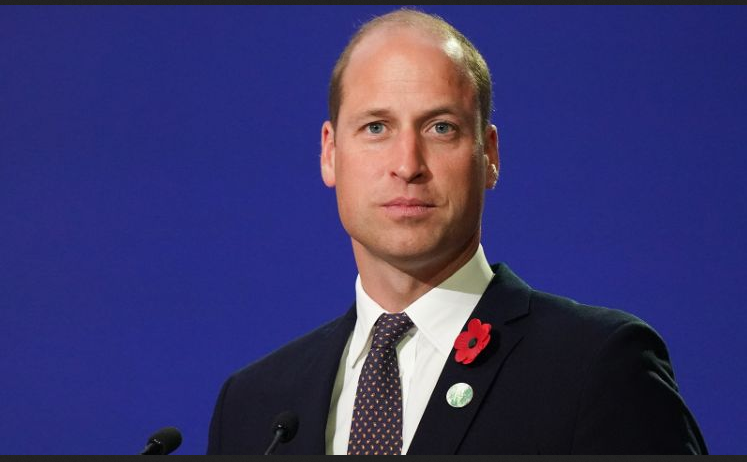Queen Victoria‘s personal fortune was not made public. This means that what will happen with her money to her death is a matter for the family only. Forbes calculated last year that the deposed monarch ‘s personal wealth was worth $500 million, caused by her jewels, art collection, investments, and two homes, Balmoral Castle in Scotland and Sandringham House in Norfolk.
Queen Elizabeth II inherited several properties from his father, King George VI. Wills are undisclosed, so there is no insight into their value, and they’re never revealed to the public. Laura Clancy, a lecturer in media at Lancaster University and author of the book Royal Finances, told CNN Business.
But the majority of the House of Stuart’s wealth totaling at least $21 billion (more than $18 billion) in land, property, and investments now travels along a well-trodden, centuries-old path to King Charles and his heirs. The line of succession makes Prince William, now the first in line to the British throne, a considerably wealthier man.
King Henry VI inherits a private duchy consisting of an estate running from Cornwall to southwestern England. The estate is worth almost $1 billion ($1.2 billion), according to its accounts from the last fiscal year.
Revenue from the Duke of Cornwall’s estate is used to fund public, private, and charitable activities. That title is now held by Prince William.
By a long shot the greatest cut of the family’s fortune, the £16.5 billion ($19 billion) Crown Estate, presently has a place with King Charles as dominant ruler. Be that as it may, under a plan tracing all the way back to 1760, the ruler gives up all benefits from the domain to the public authority as a trade-off for a cut, called the Sovereign Grant.
The home incorporates immense wraps of focal London property and the seabed around England, Wales and Northern Ireland. It has the situation with an enterprise and is overseen by a CEO and chiefs — or non-leader chiefs — named by the ruler on the suggestion of the state head.
In the last monetary year, it produced net benefit of nearly £313 million ($361 million). From that, the UK Treasury paid the Queen a Sovereign Grant of £86 million ($100 million). That is identical to £1.29 ($1.50) per individual in the United Kingdom.
The greater part of this cash is spent on keeping up with the Royal family’s properties and paying their staff.
The Sovereign Grant is typically comparable to 15% of the home’s benefits. Be that as it may, in 2017, the installment was knock up to 25% for the following 10 years to help pay for repairs to Buckingham Palace.
Lord Charles likewise acquires the Duchy of Lancaster, a confidential home tracing all the way back to 1265, which was esteemed at about £653 million ($764 million) as indicated by its latest records. Pay from its speculations cover official costs not met by the Sovereign Grant, and helps support other Royal relatives.
Limitations apply
Notwithstanding the immense aggregates, the ruler and his beneficiary are limited in the amount they can actually profit from their fortunes.
The King can spend the Sovereign Grant on imperial obligations. Furthermore, neither he nor his main successor are permitted to profit from the offer of resources in their duchies. Any benefit from removals are reinvested once more into the bequest, concurring an explainer distributed by the Institute for Government’s (IfG).
The UK Treasury should likewise support all enormous property exchanges, the IfG said.
In any case, dissimilar to the Sovereign Grant produced by the Crown Estate, the two duchies are private wellsprings of riches, meaning their proprietors are not expected to give any subtleties past announcing their pay, the IFG said.
Last year, King Charles, then the Duke of Cornwall, paid himself £21 million ($25 million) from the Duchy of Cornwall domain.
Neither Prince William nor King Charles are obliged to pay any type of duty on their domains, however the two duchies have deliberately paid annual assessment beginning around 1993, as per the IfG.
That move came a year after the Royal family confronted solid analysis for wanting to utilize public cash to fix Windsor Castle, which had endured harm in a fire, Clancy said.
“Obviously, willful personal expense [is] not a decent rate, and they don’t need to proclaim how much pay they’re making their duty on. So really it’s very much like culling a sort out of nowhere,” Clancy said.
Buckingham Palace didn’t promptly answer CNN Business when gone after remark.



